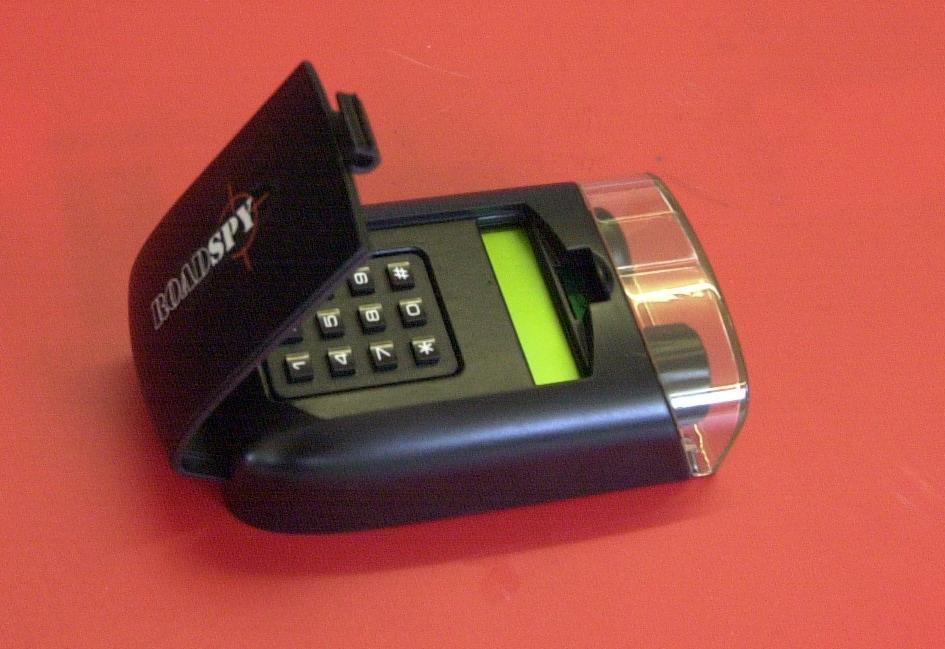

Date: 1st May 2015
I truly believe that there has never been a better time to attempt to bring an invention to the marketplace due to a number of key factors that have come together in the last decade and a half:
-The internet and social media
-Relatively cheap manufacturing overseas
-3D printing &
-Crowd funding opportunities
A fantastic and commercially successful example is Neomi Bennet’s NeoSlip (view here).

…Neomi has basically done everything right.
BUT…be prepared to discover some hard truths.
“….Probably the hardest business model in the world…?”
It’s important to understand from the outset that attempting to make money from an invention is just about the most diffcult business model imaginable.
Anyone who tells you anything different is LYING!
It’s generally well accepted that starting a business is high risk and (I’ve read that) 50% of new start ups fail in the first 12 months. But that’s just with ‘normal’ businesses where you are attempting to sell or provide an existing product or service. With an invention however, you are attempting to create a new product as well, from scratch. This is usually much, much harder, takes much longer and costs much more than you would believe!
Less than 4% are successful…..
A commonly quoted statistic is that since World War II, only about 4% of granted UK patents result in commercially successful products. But most of those will have been submitted to the Intellectual Property Office (IPO) by established manufacturers. So it’s reasonable to assume that a much smaller percentage of successful patents are from private individuals or small businesses.
I have been running PES Ltd for almost 15 years and have undertaken hundreds of R&D project for inventors and small businesses. Many of those were really inspired ideas:

(All are ‘published’ inventions with intellectual property protection in place).
But only a very small number over the last 15 years have made it commercially.
I know these were all good ideas that worked because I made each one of them them (along with my team of freelance specialists).
But so far, the inventors of these ideas have not yet been successful (and believe me I really want them to be and wish I could report better news).
So the big question is why? Why is it so difficult to go from having a brilliant idea that you feel sure would sell, to the point where it is actually on the shelves of shops and is selling…?
I believe there are several main ways that people big make mistakes (or are ripped off):
10 KEY MISTAKES:
1. Lack of initial research
2. Getting ripped off by ‘invention promotion’ companies
3. Fixating on patents
4. Leaping forward to product design before proof-of concept prototyping
5. The idea is too ambitious
6. Confusing the generation of artistic impressions with real Computer Aided Design (CAD, which these days means 3D modelling).
7. Insufficient business experience or acumen
8. Overconfidence and/or not listening to advice
9. Money : not budgeting effectively, or simply not having enough of it!
10. Licensing as the only business model.
Most failed innovators make more than one mistake.
In the next few posts I will give examples of each of these that I have had first hand experience with over the years.
But failing and being defeated are not the same thing. Failing is part of what you have to go through in order to succeed …Defeat is when you have given up. Sometimes you have to abandon a project. But never give up! -Persevere!
If you have a project you would like to discuss -please get in touch now for a free technical appraisal in strictest confidence.